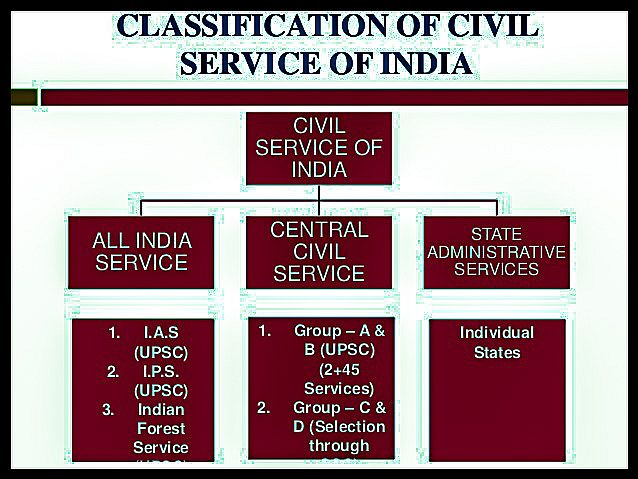The cooling-off period for retired bureaucrats before joining a new job
- Archana Goyal Gulati, a 1989-batch officer of the Indian Posts and Telecommunication Accounts and Finance Service (Indian P&TAFS), has joined Google as Chief of Public Policy after taking voluntary retirement from the civil service.
- She had completed the one-year cooling period that is necessary before taking up the post-retirement job.
What is the cooling-off period?
- Post-retirement commercial employment for the three All India Services (IAS, Indian Police Service, and Indian Forest Service) is covered under the AIS Death-cum-Benefits Rules, and for the Central Civil Services under the CCS (Pension) Rules.
- Rule 9 of the CCS (Pension) Rules states that
- “if a pensioner who, immediately before his retirement was a member of Central Service Group ‘A’ wishes to accept any commercial employment before the expiry of one year from the date of his retirement, he shall obtain the previous sanction of the Government to such acceptance”.
- Rule 26 of the AIS Death-cum-Benefits Rules: restricts a pensioner from commercial employment for one year after retirement, except with government sanction.
- The cooling-off period was two years until January 2007, when the government reduced it to one year by an amendment.
- Non-compliance with these rules can lead to the government declaring that the employee “shall not be entitled to the whole or such part of the pension and for such period as may be specified”.
When does a government allow or turn down such requests from pensioners?
- The CCS (Pension) Rules specify several factors for the government to consider while granting or refusing permission.
- These include:
- Whether a “no-objection” for the proposed employment has been obtained from the cadre controlling authority and from the office where the officer retired;
- Whether the officer has been privy to sensitive or strategic information in the last three years of service that is directly related to the work of the organisation he proposes to join;
- Whether there is a conflict of interest between the policies of the office he has held in the last three years and the interests/work of this organisation;
- Whether this organisation has been in conflict with or prejudicial to India’s foreign relations, national security and domestic harmony; and
- Whether the organisation he proposes to join is undertaking any activity for intelligence gathering.
- According to these rules, “conflict of interest” does not include normal economic competition with the government or its undertakings”.
What about government servants joining politics after retirement?
- While in service, the Conduct Rules bar government servants from being associated with any political party or organisation, and from taking part in or assisting any political activity.
- An amendment on November 27, 2014, added a few clauses to Rule 3(1), one of which read:
- “Every government employee shall at all times maintain political neutrality and commit himself to and uphold the supremacy of the Constitution and democratic values”.
- There is no rule, however, to stop government servants from joining politics after retirement.
- In 2013, the Election Commission wrote to the Department of Personnel and Training (DoPT) and Ministry of Law, suggesting a cooling-off period for bureaucrats joining politics after retirement, but it was rejected.
Exam track
Prelims take away
- All India Services
- Election Commission
- Cooling-off period
- CCS (Pension) Rules.


